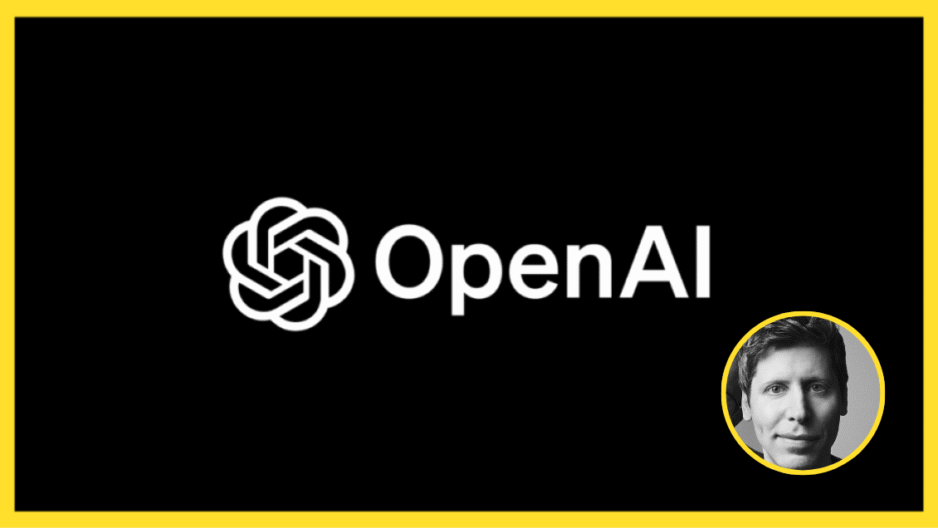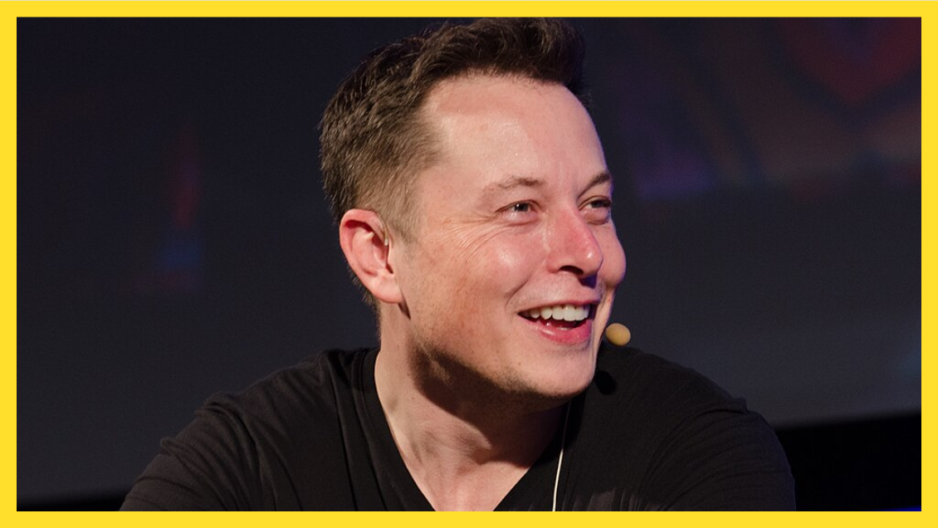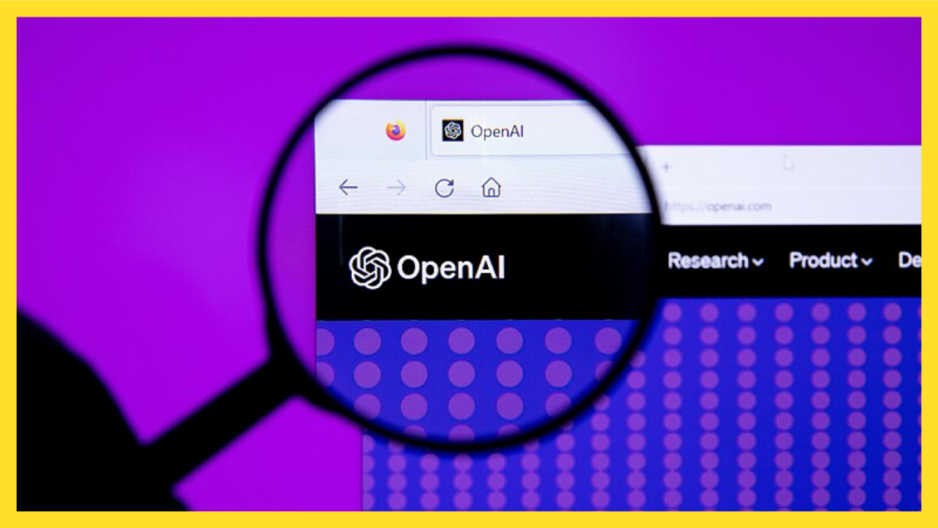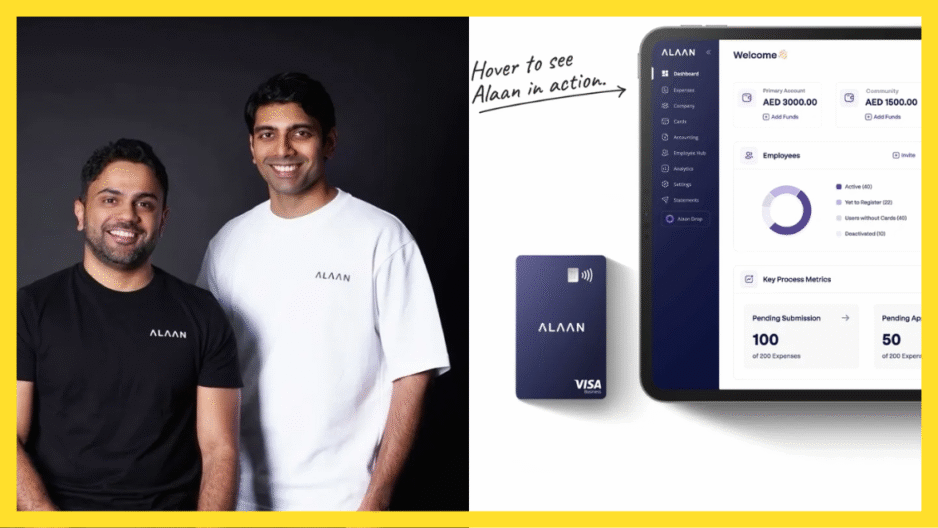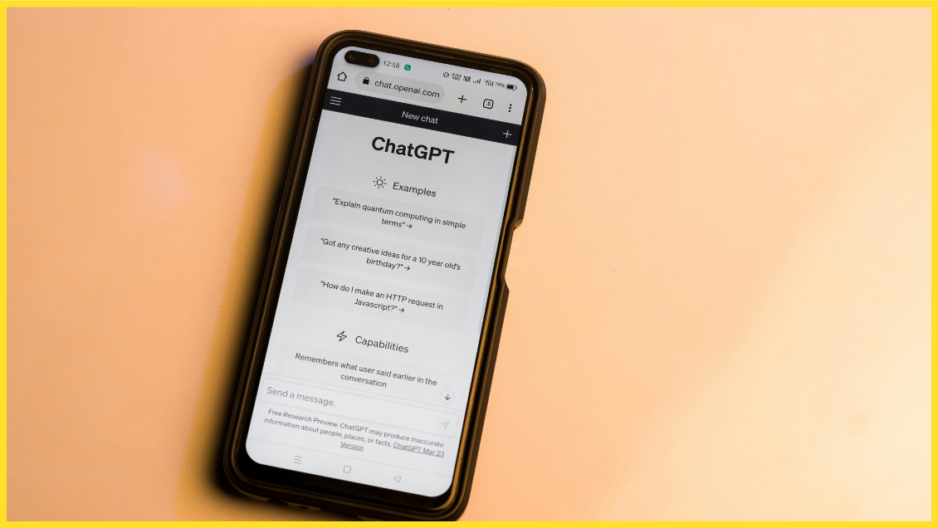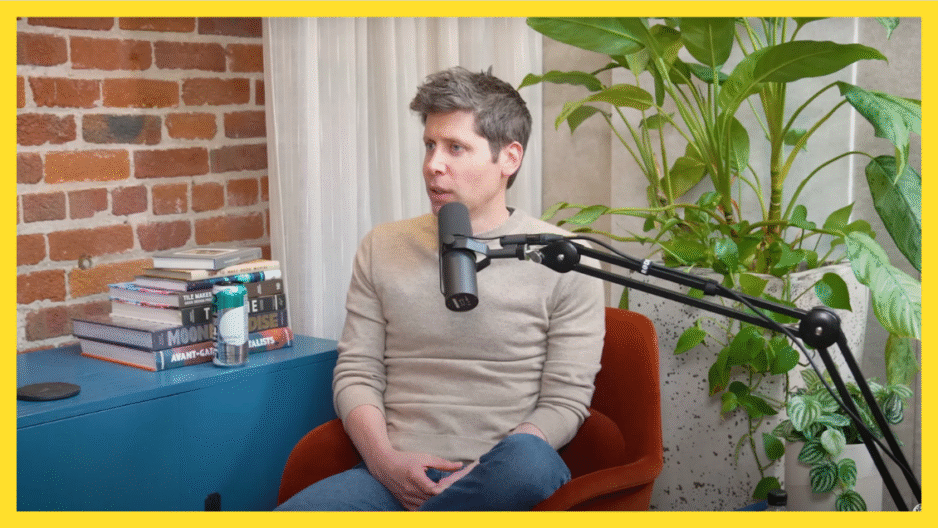Elon Musk is back in the spotlight, and this time it’s not about rockets or EVs. His AI company, xAI, just made a big announcement – Grok 2.5 is now open source. Yep, the same advanced language model that’s been grabbing attention is now free for developers and researchers to play with.
The @xAI Grok 2.5 model, which was our best model last year, is now open source.
— Elon Musk (@elonmusk) August 23, 2025
Grok 3 will be made open source in about 6 months. https://t.co/TXM0wyJKOh
So Why Does This Matter?
Well, Grok 2.5 isn’t just another chatbot brain. It’s built to compete with the big guns like GPT and Google’s Gemini. By opening it up, xAI is giving everyone – from indie coders to tech giants – the chance to experiment, tweak, and build on top of a powerful model without paying hefty licensing fees.
What Makes This Different?
Here’s the interesting part: most AI companies keep their models under lock and key. But Musk is taking a different route, betting on transparency and community-driven progress. This move not only levels the playing field but also speeds up innovation in areas like chatbots, enterprise tools, and AI-driven apps.
Why Would Musk Do This?
Probably to challenge the growing dominance of closed AI ecosystems. Plus, let’s be honest, open-source projects often grow faster because thousands of brains work on them instead of just one company’s team.
What Does It Mean for Developers and Businesses?
For developers, this is honestly a big deal. Imagine building apps with serious AI power without burning through your budget – that’s what this unlocks. Businesses can finally tinker with custom AI tools without being stuck paying crazy fees to big vendors.
The Bigger Picture
And for the AI world? It feels like a push toward making this stuff way more accessible to everyone, not just big tech. It’s not just xAI making bold moves. OpenAI has also opened parts of ChatGPT to the public. Two new open-weight models—gpt-oss-20B and gpt-oss-120B—are now available under the Apache 2.0 license. The smaller one runs on laptops, while the bigger model works on desktops or cloud GPUs. This marks a clear trend: even AI giants are embracing openness, and xAI’s Grok 2.5 release shows the competition is heating up.
The Takeaway
Grok 2.5 going open source isn’t just another update in the news feed – it’s a bold move that could seriously shake up the whole AI race.



